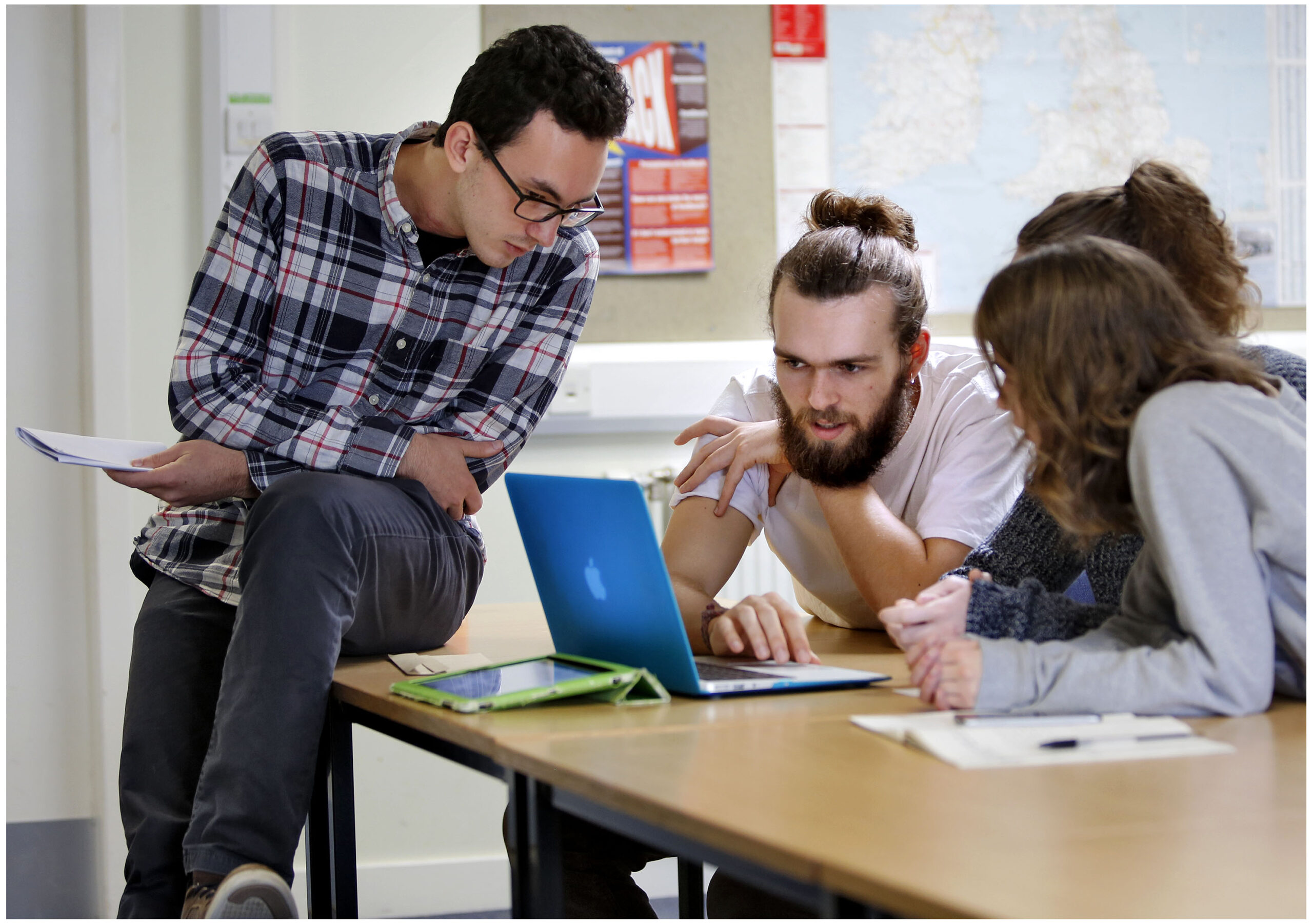
Delivering the Graduate Attributes
“Each student at the University of Edinburgh joins us from different educational backgrounds, cultures and experiences. While studying at the University we want students to broaden their horizons and attitudes, and to develop their current skills and abilities and learn new ones, not only to help in their studies and future careers, but also support their role within society”
The University’s Graduate attributes are based around ‘skills’ and ‘mindsets’ in a defined framework. It is for colleges, schools and programmes to utilise, link to and embed these skills and mindsets in teaching delivery and supervision. But how can this integration be achieved?
Most programmes, to varying degrees, will address subject-specific and more widely applicable academic skills (e.g. technical skills, critical appraisal in the field of study), and some professional skills (e.g. communication, teamworking). However, what do they do when they look to develop students’ ‘mindsets’? What evidence do we have to show our students develop these graduate attributes?
Perhaps the best is that our graduates are highly regarded and sought after by employers, and the continued successes of our alumni. We can all identify many of our own students who, over the years have achieved a constellation of graduate attributes and have gone on to be successful across the spectrum of measures. Through their programmes of study, most of our students will successfully develop a range of these graduate attributes.
For the vast majority of our programmes, students can achieve a balanced breadth and depth with their core and elective course choices. This is in conjunction with the co- and extra-curricular opportunities available to students in the diverse and multicultural community of the University of Edinburgh, whether academic, work experience or other professional placements, in the voluntary sector, or through sports and societies. We should encourage our students to capture some of these learning gains on their transcripts, through structures like the Edinburgh Award.
Nevertheless, our students need reflective skills, resilience and support to ensure they develop these graduate attributes. The Edinburgh Award offers a way to do this for co- and extra-curricular opportunities, but we must not relegate the development of graduate attributes to those domains. We need to continue to invest in our staff to support our students, and our students to support each other as peers.
Graduate Attributes within the credit-bearing curriculum
How can staff – such as course and programme leads and development groups, Boards of Studies and Boards of Examiners, or Deans of undergraduate teaching – take an overview and ensure these graduate attributes are incorporated? How can developmental progression in skills, but particularly mindsets, be assessed robustly?
Developing graduate attributes should be stated in programmes’ learning outcomes. However, is there a challenge presented by the modular structure of programmes? Additionally, core courses often concentrate on core knowledge and disciplinary-specific skills, so how can the more holistic graduate attributes be delivered?
“Failure is instructive. The person who really thinks learns quite as much from his failures as from his successes.” John Dewey (philosopher, educator, 1859-1952)
Even within the options available, a student may still choose to take a narrow curriculum, often with limited assessment types that they are familiar with, so curtailing that breadth and depth captured in the University’s graduate attributes. They may not want to challenge themselves with courses that are perceived as ‘different’, perhaps with a fear of the unknown that may compromise their aspirational degree grade. How can we support students to challenge themselves and open their ‘mindsets’?
Student-Led, Individually-Created Courses (SLICCs) offer another approach and way forward. This is a reflective framework for experiential learning, where students consider their learning gains through undertaking an activity of their choice, e.g. research, work experience, volunteering. Such ‘real-life’ experiences can offer significant learning opportunities in themselves, and SLICCs deepen and accelerate this learning.
A vital element of SLICCs is that each student’s first task is to articulate, with tutor support and feedback, their own anticipated learning within the SLICCs’ learning outcomes framework. SLICCs offer five learning outcomes: the first three are generic and explore the activity (‘analysis’, ‘application’, ‘evaluation’); the fourth and fifth then go further in exploring the student’s development via ‘skills’ and ‘mindsets’. SLICCs directly embrace the University’s graduate attributes as learning outcomes that the student has to develop, with support, in the context of the activity they chose for their SLICC, and their own aspirations.
Alongside the boost to their learning and assessment literacy, this gives students a much deeper reflective insight into their own development and the connections between their learning experiences, encouraging them to successfully articulate this insight. All this is set within the context of students exploring a topic or activity of their own choosing, interest and passion. Would we not all seize a learning opportunity like that?
Next steps:
Read Jonny Ross-Tatam’s Teaching Matters blog post on SLICCs
Find out more about SLICCs on the University website




